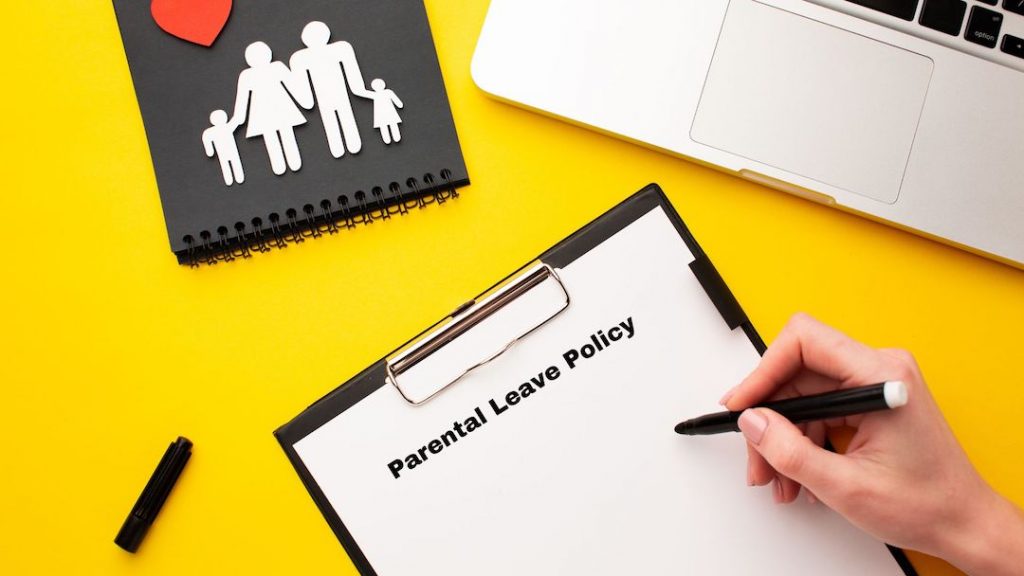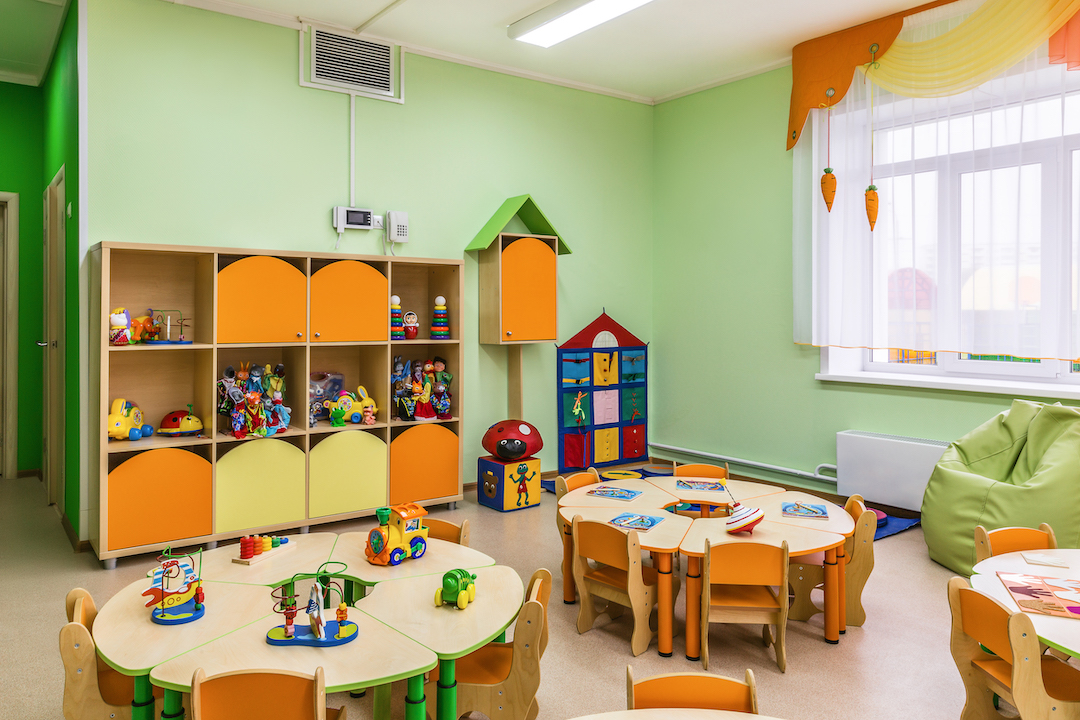As a parent, one of the most challenging decisions you’ll face is determining the right time to enrol your baby in daycare. This decision is crucial for both your child’s development and your family’s work-life balance. Let’s explore the factors to consider when deciding on the ideal age for your little one to begin their daycare journey.
Age Considerations
- Earliest start: 6 weeks old
- Common range: 3 to 12 months
- Why it matters: Younger babies need more individual attention, while older babies may adapt more easily to group settings
Developmental Milestones
This section focuses on the specific skills that help babies thrive in daycare environments.

- 3 months:
- Can hold head up during tummy time
- Recognizes familiar faces
- Responds to sounds and voices
- 6 months:
- Sits with support
- Reaches for objects
- Babbles and makes consonant sounds
- Why it matters: These skills help babies engage with caregivers and surroundings in daycare
Emotional Needs and Separation Anxiety with Daycare Centre

- Assess your baby’s temperament:
- H3: Easy-going: Adapts quickly to new situations, may transition smoothly
- H3: Cautious: Takes time to warm up, might need a more gradual transition
- H3: Intense: Reacts strongly to changes, may require extra support
- Separation anxiety:
- Typically peaks around 8-10 months
- Signs include crying, clinging, and fear of strangers
- Tip: Practise short separations at home to help your baby adjust
Immune System Development through Daycare

- First 2-3 months: Rely heavily on antibodies from mother
- 3-6 months: Begin producing own antibodies
- Daycare exposure:
- May lead to more frequent mild illnesses initially
- Can strengthen immune system long-term
- Tip: Ensure vaccinations are up-to-date before starting daycare
Balancing Work and Family

- Assess parental leave options:
- Government-mandated leave: Explore available leave programs and policies.
- Company-specific policies: Check your company’s parental leave offerings.
- Evaluate financial impact:
- Daycare costs vs. potential income
- Available subsidies or tax benefits
- Family support options:
- Grandparents or relatives as temporary caregivers
- Gradual transition from family care to daycare
Transition Tips

- Start with half-days, gradually increasing to full days
- Create a comfort object (e.g., photo album of family)
- Establish a goodbye routine (e.g., special handshake or song)
- Share your baby’s cues and preferences with caregivers
Signs Your Baby is Adjusting Well

- Stops crying shortly after you leave
- Engages with caregivers and other children
- Maintains regular eating and sleeping patterns
- Shows excitement when arriving centre
Remember, each baby is unique. Trust your instincts and communicate openly with your paediatrician and providers.
Ready to find the perfect daycare for your little one?
Click HERE to explore the best daycare options in your area
Let GogoKids help you discover safe, nurturing, and stimulating daycares near you today!

Easily register your child for Standard 1 in Malaysian public schools for the 2025/2026 year with our step-by-step guide. Learn about online applications and required documents.

Daycare Fees in Malaysia: How Much Should You Expect to Pay?

Estimating Your Child’s Education Costs in Malaysia: A Practical Guide




